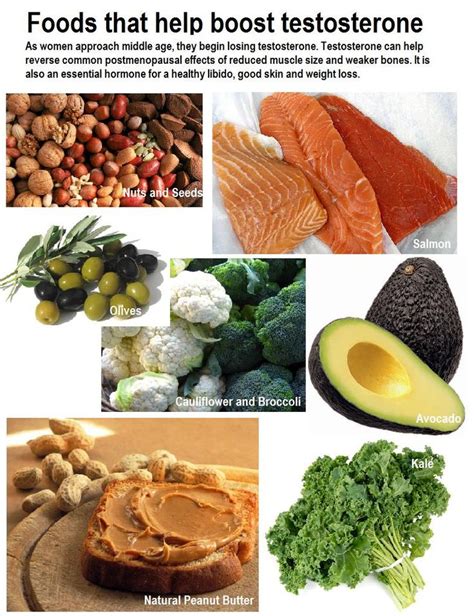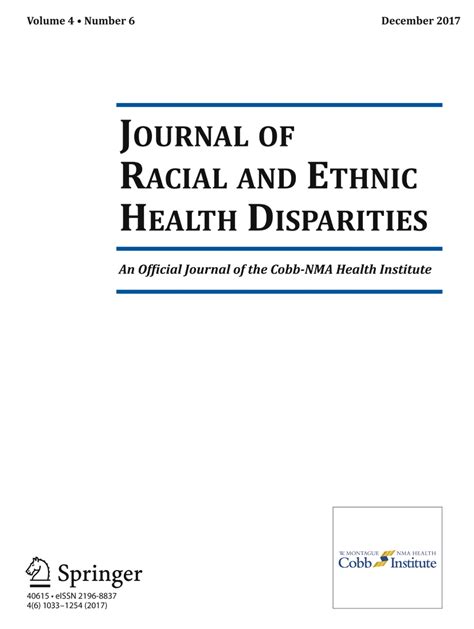How can I naturally boost testosterone for peak male performance & energy?

Understanding Testosterone’s Vital Role
Testosterone, the primary male sex hormone, is crucial for more than just libido. It plays a pivotal role in muscle growth, bone density, red blood cell production, mood regulation, cognitive function, and maintaining energy levels. As men age, testosterone levels naturally decline, but various lifestyle factors can also contribute to suboptimal levels, leading to symptoms like fatigue, decreased muscle mass, low libido, mood swings, and difficulty concentrating. Fortunately, numerous natural approaches can help optimize your body’s testosterone production.

Dietary Strategies for Hormone Optimization
What you eat significantly impacts your hormone balance. To naturally boost testosterone, focus on a nutrient-dense diet rich in healthy fats, quality proteins, and complex carbohydrates, while minimizing processed foods and excessive sugar.
- Healthy Fats: Cholesterol is a precursor to testosterone, so consuming healthy fats is essential. Include sources like avocados, nuts, seeds, olive oil, and fatty fish (salmon, mackerel) rich in Omega-3s.
- Zinc: This mineral is vital for testosterone production. Excellent sources include oysters, red meat, poultry, beans, nuts, and dairy.
- Vitamin D: Often called the ‘sunshine vitamin,’ Vitamin D acts as a steroid hormone in the body and is strongly linked to testosterone levels. Aim for sun exposure and incorporate fatty fish, fortified milk, and eggs into your diet.
- Magnesium: Involved in over 300 bodily processes, magnesium helps increase free and total testosterone levels. Spinach, almonds, cashews, and black beans are good sources.
- Limit Sugar and Alcohol: High sugar intake can lead to insulin resistance and obesity, both detrimental to testosterone. Excessive alcohol consumption is also known to lower testosterone levels.

Exercise for Hormonal Balance
Physical activity, particularly specific types of exercise, is a powerful natural testosterone booster.
- Strength Training: Lifting weights, especially compound movements like squats, deadlifts, bench presses, and overhead presses, stimulates significant testosterone release. Aim for 3-4 sessions per week with adequate rest.
- High-Intensity Interval Training (HIIT): Short bursts of intense exercise followed by brief recovery periods can also be highly effective in boosting testosterone and growth hormone.
- Avoid Chronic Cardio: While beneficial for cardiovascular health, excessive long-duration, moderate-intensity cardio can sometimes elevate cortisol (stress hormone) and potentially lower testosterone. Balance is key.

Prioritize Quality Sleep
Sleep is a critical, yet often overlooked, component of hormone regulation. Most of your body’s daily testosterone production occurs during sleep.
- Aim for 7-9 Hours: Consistent, high-quality sleep is non-negotiable for optimal testosterone levels.
- Create a Sleep-Friendly Environment: Ensure your bedroom is dark, cool, and quiet. Avoid screens before bed, and try to maintain a consistent sleep schedule, even on weekends.

Manage Stress Effectively
Chronic stress leads to elevated cortisol levels. Cortisol and testosterone have an inverse relationship; when one goes up, the other tends to go down. Managing stress is therefore crucial for hormone health.
- Mindfulness and Meditation: Regular practice can significantly reduce stress and lower cortisol.
- Hobbies and Relaxation: Engage in activities you enjoy, spend time in nature, or practice deep breathing exercises to unwind.
- Social Connection: Strong social bonds can act as a buffer against stress.

Other Important Lifestyle Factors
Beyond diet, exercise, sleep, and stress, a few other lifestyle choices can contribute to optimal testosterone levels:
- Sunlight Exposure: Regular, safe sun exposure helps synthesize Vitamin D, which, as mentioned, is crucial for testosterone.
- Avoid Endocrine Disruptors: Minimize exposure to chemicals found in plastics (BPA, phthalates), pesticides, and certain personal care products that can interfere with hormone production.
- Maintain a Healthy Weight: Obesity, particularly abdominal fat, is strongly linked to lower testosterone. Losing excess weight can significantly improve hormone profiles.
Conclusion: A Holistic Approach
Boosting testosterone naturally is not about a single magic bullet, but rather a holistic commitment to a healthy lifestyle. By consistently implementing strategies for optimal nutrition, effective exercise, sufficient sleep, and stress management, you can significantly enhance your body’s natural testosterone production, leading to improved male performance, energy, mood, and overall well-being. Always consult with a healthcare professional before making significant changes to your diet or exercise regimen, especially if you suspect low testosterone levels.









